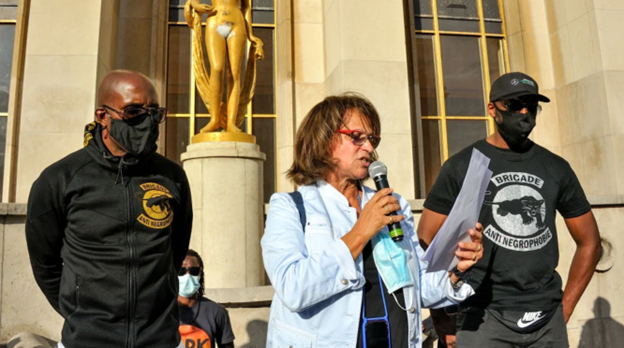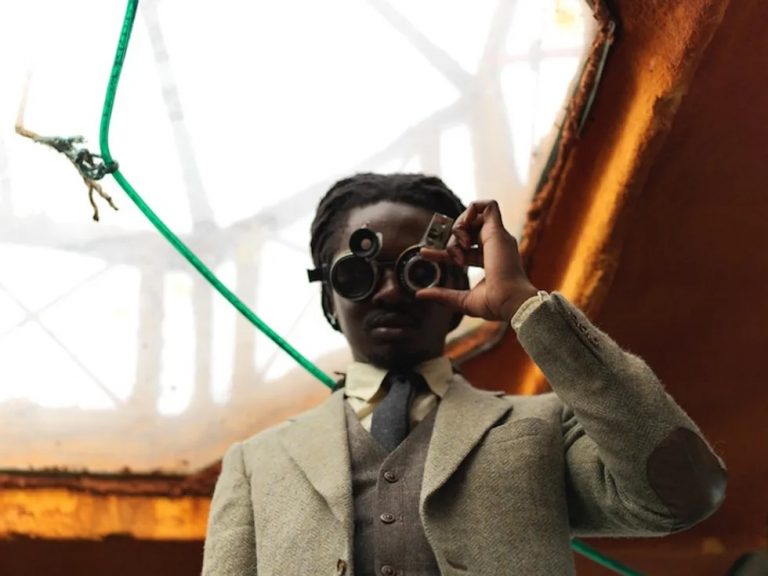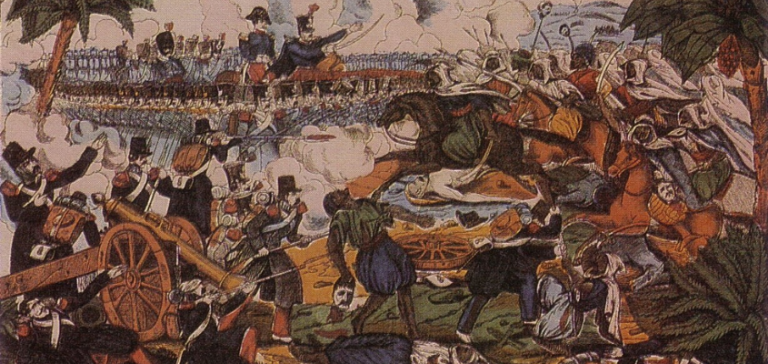Frantz Fanon’s Daughter: ‘Defeatism Has No Place’ In Liberation Struggles
Public gatherings this week in Jackson, Mississippi and New Orleans, Louisiana — featuring an especially distinctive guest — will honor the legacy of revolutionary psychiatrist Frantz Fanon (1925-1961). The Black Alliance for Peace, an African internationalist organization committed to peace and opposition to war and imperialism, and Cooperation Jackson, which is building a solidarity economy anchored by worker-owned co-ops in West Jackson, are co-hosting several Black August events with Fanon’s eldest daughter. Mireille Fanon Mendès-France is a jurist, an educator, and an anti-racism expert who passionately shares her father’s commitment to rebellion against colonialism in its many forms.




